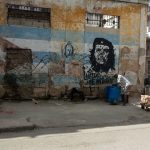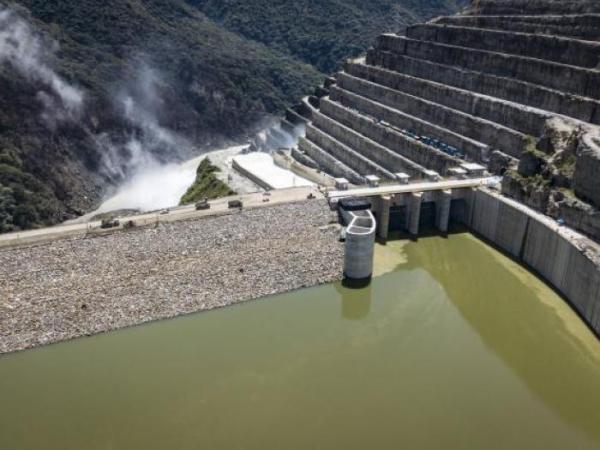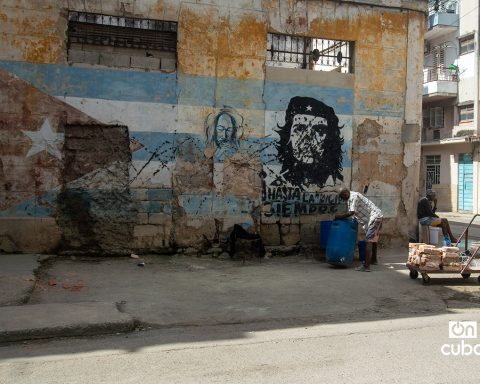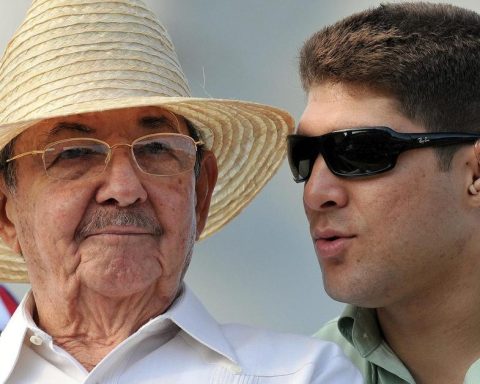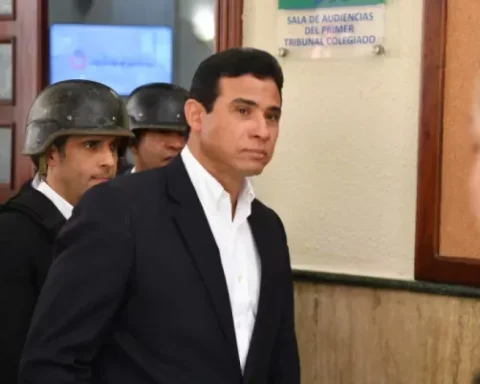July 24, 2022, 11:29 PM
July 24, 2022, 11:29 PM
The negotiation between the Panamanian government and the organizations that promote the protests in Panama against the increase in the cost of living and corruption advanced this Sunday at a slow pace, in the midst of the Temporary opening of some roads.
The representation of the government and the demonstrators still are discussing the first of the eight themes of the dialogue, which takes place in Penonomé, 150 kilometers southwest of Panama City.
“We declare and reiterate that the national government has the will to continue dialoguing and reach the corresponding agreements at this table,” said the Minister of Labor and Labor Development, Doris Zapata, present at the talks, which are broadcast by the state channel SerTV.
So far, the government of Laurentino Cortizo has accepted reduce the price of 69 items in the basic basket, between these foods and hygiene items, with which the Executive intends to reduce the cost of basic goods by 30%.
Until now, the government has agreed to lower the price of 18 products in the basket. It also reduced the price of fuel from $5.20 per gallon (3.78 liters) to $3.25.
Nevertheless, the unions ask to regulate the prices of 82 products and limit the profit margin of companies and intermediaries, a measure that the government rejects.
The negotiations take place from Thursday, after three weeks of protests and roadblocks, in the worst social crisis since the US invasion of 1989.
The representatives of the demonstrators also demand the investment of 6% of GDP in public education and address the future of the state health system. They also ask take action against corruption and waste of public resources.
The discussions come amid the temporary opening of some routes, which have been blocked by protests.
“If you noticed, yesterday (Saturday) the streets were open, we made contacts with the comrades so that in a joint way the opportunity was given for this dialogue to flow”, said Luis Sánchez, one of the spokesmen for the protesters.
The closure of the Pan-American highway, which connects Panama with Costa Rica, and the main route for trade and transportation of goods throughout the country, has caused food and fuel shortages.







